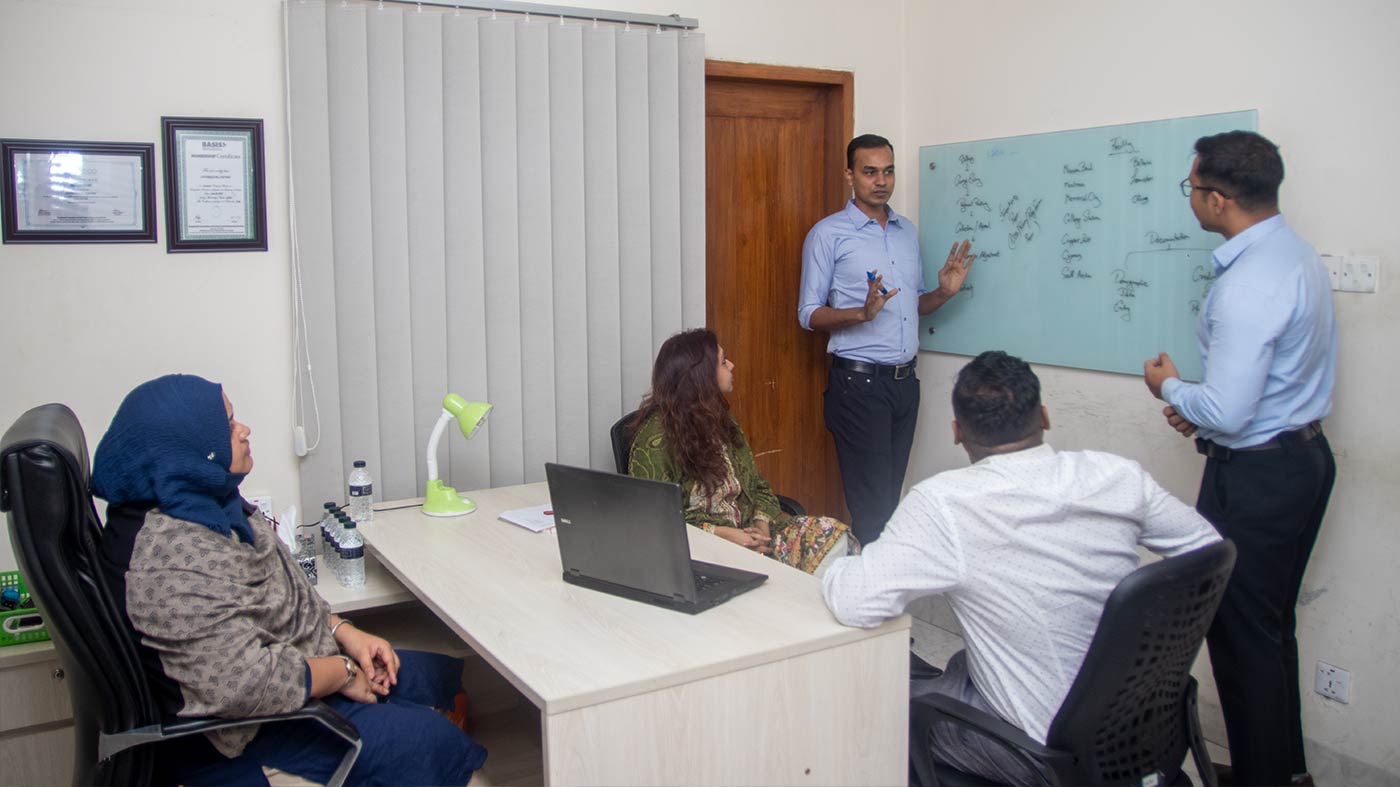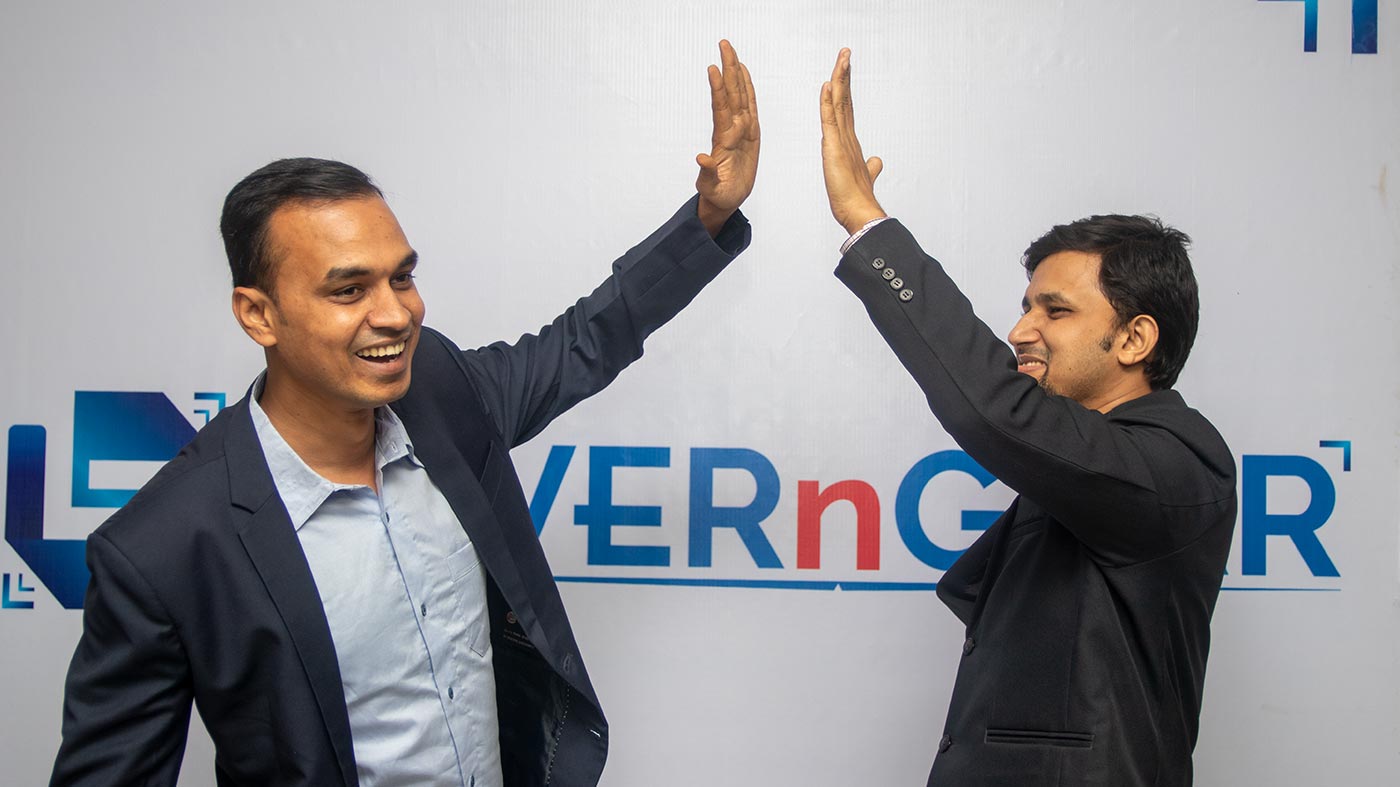Developing the skills and abilities of an organization’s workforce is key to retaining high potential employees and honing a competitive advantage for a company. However, organizations can find it difficult to provide the varied and challenging experiences that support growth and talent development. LevernGear believe that cross-functional training helps the organizations to tackle these problems by leveraging the unique roles and responsibilities in an organization as development opportunities.
What is cross-functional training?
Practically, it means “loaning” an employee out to another department or team, where they learn and perform the tasks of a position that they don’t have any experience with. Additionally, LevernGear rely on cross-functional training which focuses on providing on-the-job experience to develop new skills and abilities. On the other hand, more traditional approaches rely on workshops or other classroom-adjacent techniques.
Why LevernGear invests in it?
Cross-functional training can be met with some resistance from managers and supervisors. After all, it’s often top performers that are given the opportunity to cross-train. Therefore, managers and supervisors of these employees might be reluctant to lose them, even temporarily. Cross-functional training can also pose logistical challenges for staffing as it means removing an employee from their primary position to “double up” on another while they learn the ins and outs of a new role. Besides cross functional training, LevernGear also provides soft skill training, employee development training, basic computer training, professional and personal growth training and many more.
Benefits of cross-functional training:
The benefits of cross-functional training are many, and merit the extra effort from managers and team members alike. The primary advantages of cross functional training are:
- Application of new skills: Employees who undergo cross-functional training gain new skills that they would not have the chance to develop in their primary role. Once their training is complete, individuals returning to their role naturally seek ways to apply what they’ve learned. This can lead to both innovative approaches to their tasks, and improved performance.
- Gaining perspective: Employees selected for cross-functional training are usually high-potential succession candidates. Cross-functional training can provide these individuals with greater “perspective” on the business, making them better leaders in the future. After all, they’ve been in the shoes of more employees than most. They can therefore relate to challenges faced by others outside their role, their team, and their department.
- Flexible workforce: In the long run, cross-functional training results in a more flexible workforce. The company becomes more resilient to emergencies because there are more employees who can take on the essential duties of other roles as needed. This can be especially important during personnel shortages or when struggling to meet client/customer demands.
Cross-training reduces risks. But to start, some employees may view cross-training as an added responsibility with no added pay. Here, LevernGear makes sure that while leveraging each employee’s strengths, there’s a balance in their workload as much as possible. Also, LevernGear wants employees to know that company values their abilities rather than thinking of them as beasts of burden. As a result, while this can be very helpful to fill in gaps when an employee is out sick, a company can run the risk of appearing to be a mile wide and an inch deep in terms of expertise in its field.







